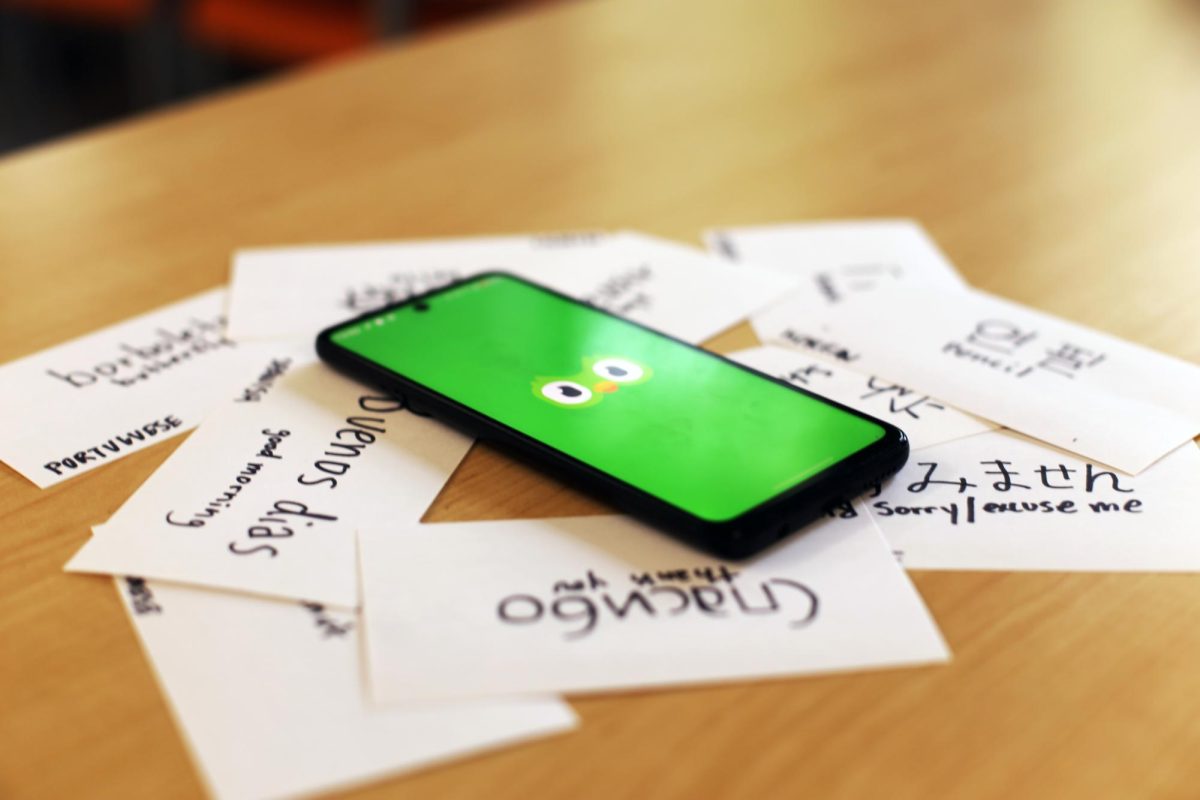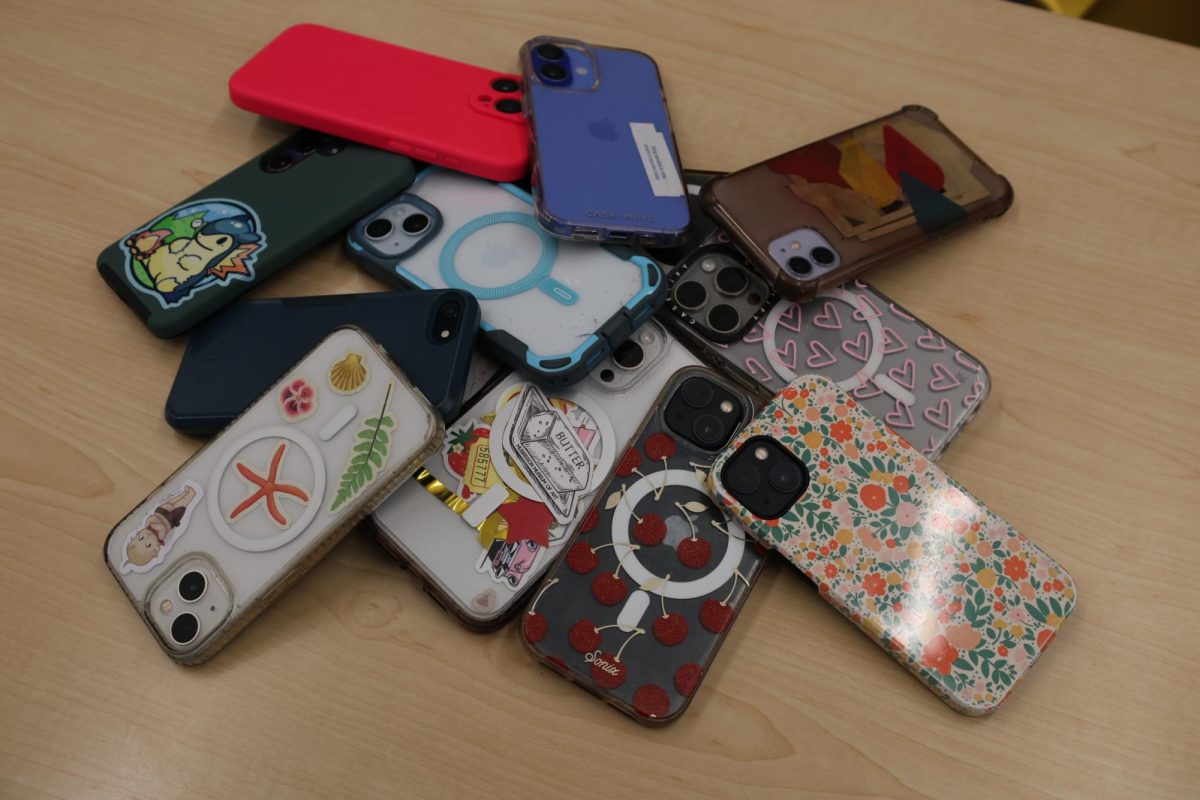With technology on the rise, apps such as Babbel and Memrise have become more prominent in today’s society when it comes to language learning. They are accessible, free of charge and simple to use. But, all of these apps have something in common: they do not help you actually achieve proficiency.
What I mean by proficiency is more than simply knowing a large amount of vocabulary or common phrases. What I mean is being able to speak, listen, write and understand the culture of the country that the language originated from.
These apps can teach you a lot of things: vocabulary, grammar, and how to read. But they do not take into account how natives actually speak, actually text, and more importantly, nuances. If you think about how we just text and speak, there are a lot of little nuances that we have: shortening phrases, using slang. We also have words with different meanings based on tone of voice. These apps do not teach any of this.
Since birth, we have been naturally immersing ourselves in language. By surrounding ourselves with sounds, we take in a lot of information and make connections in our brain. As we grow up, we are able to rapidly learn a large number of new words and phrases through being involved, eventually achieving fluency in the language through many years of immersion.
Think about the time you’ve spent since your birth immersed in your native language: listening to lectures at school, watching your favorite movies and TV shows and chatting with your friends over the phone. That is a lot of time. All that time accumulated is what has helped you achieve fluency.
Now compare that to the twenty minutes a day that language apps advertise to be enough to learn languages. The difference between twenty minutes and hours upon hours a day does not even compare.
Even after a year of continuous usage, that is only about 120 hours worth of time spent engaging in that language. A report from the Foreign Service Institute shows that it takes at least 600–2000 hours to achieve general proficiency depending on the language.
Many language learning apps also tend to teach in different “units.” This is great for learning a large number of words for specific topics in short time frames. But realistically by the time you finish the next unit, you probably would have forgotten most of what you’ve learned in the previous unit. The apps do not include review, or use the past terms but instead just keep on throwing new words at you.
Lessons from language apps also tend to be extremely repetitive: all having pretty similar question structure being multiple choice, fill in the blank, matching, etc. This can lead to very quick burnout and learners finding themselves bored, and thinking that the language is very dull—when in reality, they just aren’t trying to indulge in any other content.
I am not trying to say that these apps will not help you learn anything. They are good to get started and learn basic grammar structures and vocabulary, but they are best used as supplements and tools to cross the vast expanse of speech and culture.
Spend time immersing yourself in the language you are learning. This can be done through reading books, watching videos, or anything else you find interesting. It is fine to not know every word, in fact, if you are googling every new word, it likely will not be fun anymore. Language learning is a hobby not a chore – so don’t make it become one. Take your time and enjoy the journey.










